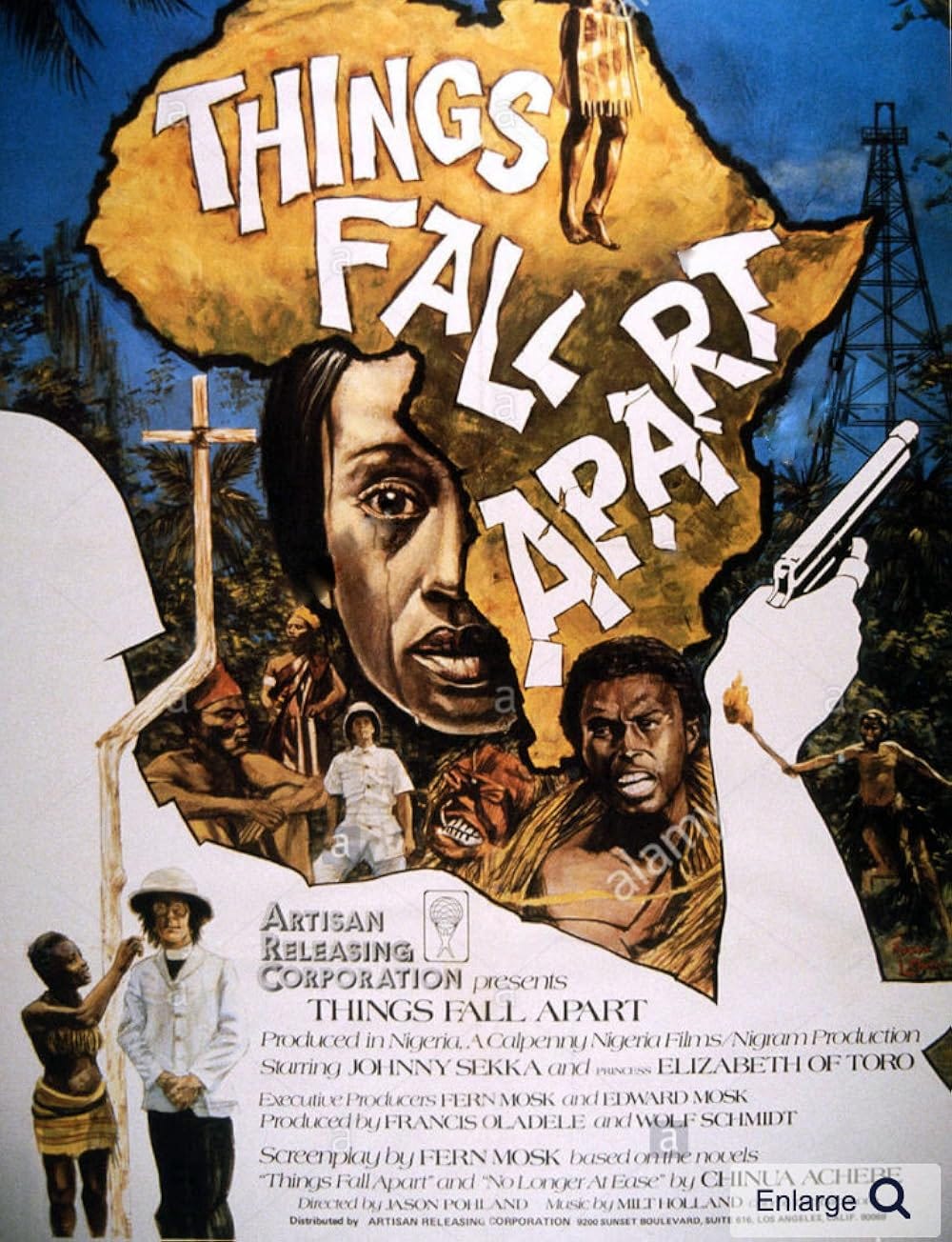I first read Things Fall Apart in high school, and I fell in love with it immediately. The rich tapestry of African names and traditions captivated me, drawing me into the story in a way few books had before. Back then, I viewed the protagonist, Okonkwo, as a weak man desperately trying to project strength to compensate for his father’s failures. I saw his hasty, impulsive actions as the driving force behind his eventual downfall and the collapse of everything he hoped to build for his family.
Recently, I had the chance to revisit Achebe’s classic, this time as part of a book-sharing project with a colleague who wanted to explore a broader range of genres. She chose Things Fall Apart, and I was genuinely excited to reread it, curious to see how my perspective might have changed.
On this second reading, I was struck by the story’s layers and ability to reveal different truths with each revisit. While I still saw Okonkwo’s obsession with masculinity and strength, I also understood his choices more deeply. Achebe’s portrayal of Okonkwo emphasizes the often unseen motivations behind our actions. Okonkwo’s sometimes harsh and puzzling decisions make sense within his world—a world where maintaining dignity and respect are vital, even if it costs him his happiness. The story speaks to how we often make choices that those around us may never fully understand, especially when those choices reflect deeply held fears or values.
In Things Fall Apart, Chinua Achebe crafts more than a tale about a single African warrior’s tragic end. He shows how the arrival of European colonizers completely disrupted the traditional way of life for African societies. Achebe’s narrative delves into how colonial forces challenged spiritual traditions, shattered family structures, and obliterated centuries of culture and history. Indigenous belief systems were cast aside, and people were forced to convert to Christianity, leaving them caught between two worlds. Achebe’s storytelling is straightforward yet powerful, bringing African culture and history to the forefront of global literature. His third-person narration is a masterstroke, as it brings readers directly into the heart of Igbo life, capturing the names, customs, and beliefs in an authentic and mesmerizing way.
Reflecting on my first reading of Things Fall Apart, I remember seeing it as a deeply personal story about Okonkwo. Now, however, I see it as a much larger tale about history, colonialism, and the way imperialism irreparably changes people, traditions, and beliefs. It’s a story that has grown with me, and I can easily see myself reading it a third time, uncovering new layers each time.
This book should be read in every high school classroom, ideally introduced in 9th grade. Achebe’s novel is a powerful and essential narrative that exposes students to African history, colonial impact, and the importance of cultural perspective. Achebe’s voice and vision remain as relevant and transformative today as when the novel was first published in 1958.








I love this book. I fell in love with it years ago as a high school student. Now, as an adult, reading this book as a more educated person with a better perspective of history, I see this story in a new way. I see how colonialism and imperialism changed traditions, people, culture, and history.